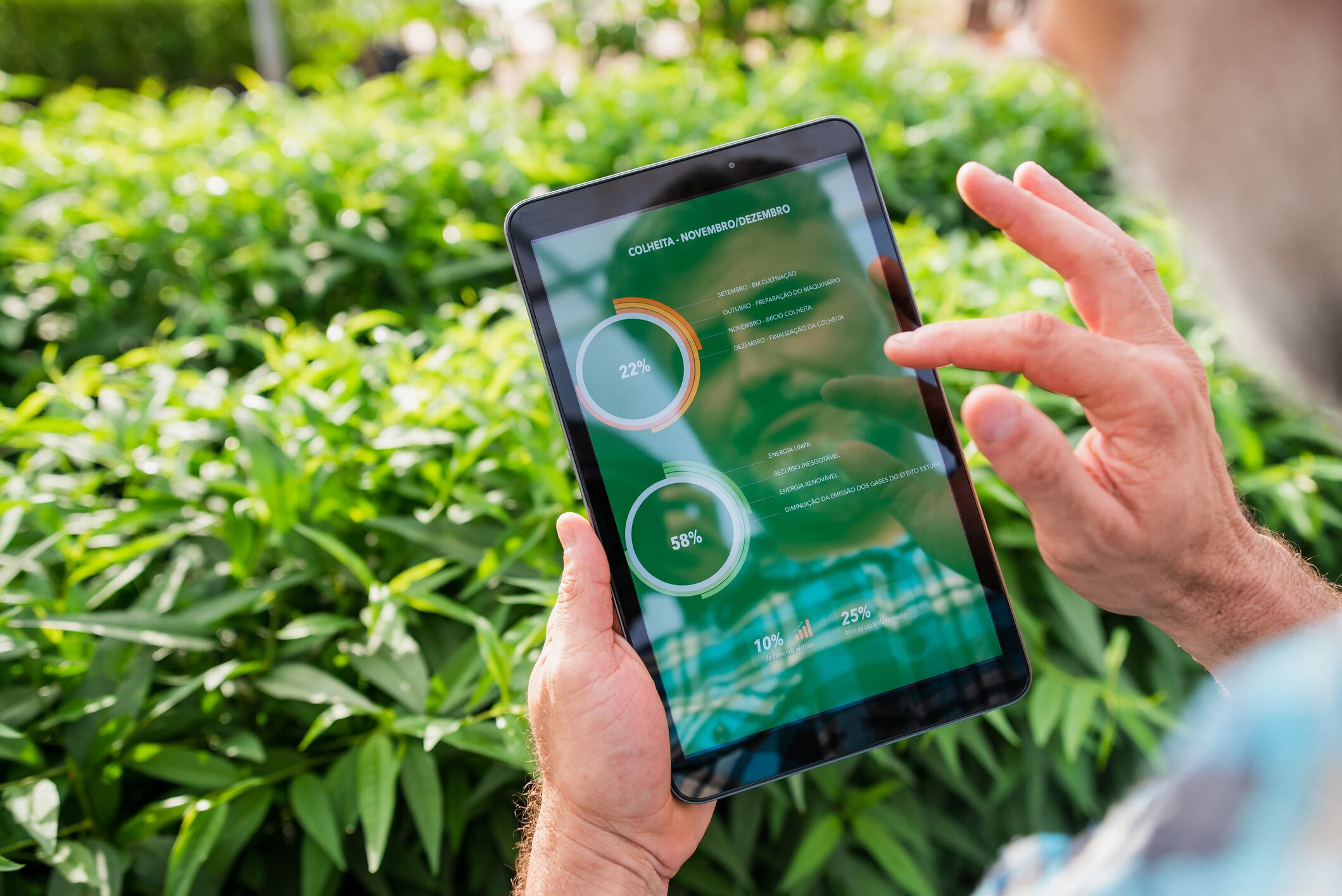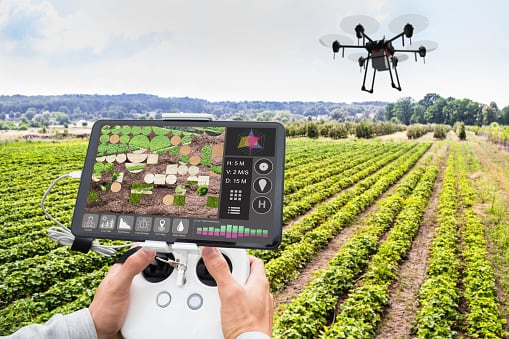Chicken meat production in Brazil has reached significant global growth rates, positioning the country as a leader in both production and exports. As in other developing countries, the rapid growth of Brazil’s poultry sector is driven by factors such as market demand, population growth, rising incomes, and urbanisation.
Last year, Brazil outpaced China to become the world's second-largest poultry producer, just behind the US. Furthermore, Brazil claimed the top spot in poultry exports, accounting for approximately 35.6% (or 4.822 million tonnes) in 2022.
The nutritional value and relative affordability of chicken meat make it a crucial protein source, contributing to food security. However, the sector's environmental impact has raised concerns around greenhouse gas and dust emissions, improper waste management, and soil and water contamination.
Waste not, want not
Chicken farming generates a significant amount of waste, such as poultry litter (manure mixed with bedding material) and other by-products, which can lead to environmental pollution if not managed properly. Implementing waste recovery strategies, like using poultry litter for bio-gas production or reusing poultry waste to produce meat meals for feed, can reduce the environmental impact of chicken meat production.
Poultry litter is rich in organic matter and nutrients. As such, if used for bio-gas production, its methane emissions can be captured and converted into bio-gas, a renewable energy source that can replace fossil fuels for energy generation. This will then reduce the greenhouse gas emissions associated with energy production and mitigate the chicken meat industry’s overall carbon footprint.
Additionally, using poultry litter as feedstock for bio-gas production results in a post-digestion by-product known as digestate, which retains valuable nutrients. It can be used as an organic fertiliser, returning essential nutrients like nitrogen and phosphorus to the soil, promoting soil health and reducing the need for synthetic fertilisers. This would also minimise the risk of nutrient run-off into water bodies, which can cause harmful algal blooms and water pollution.
By reusing poultry waste to produce meat meals for feed, the chicken meat industry can reduce its dependence on unsustainable feed sources, such as soy and corn. This can help preserve natural ecosystems, as vast areas of land are often cleared for monoculture crops like soy, leading to deforestation and loss of biodiversity. It can also reduce the overall demand for virgin resources, contributing to a more circular and sustainable economy.
Circularity and sustainability
Researchers at the Universidade Estadual do Sudoeste da Bahia, Flextronics Institute of Technology and Universidade Estadual de Santa Cruz in Brazil used a Life Cycle Assessment (LCA) as a comprehensive method to evaluate the environmental impacts of Brazil’s chicken meat production chain.
The study focused on evaluating the environmental impact of producing 1kg of slaughtered and unpacked chicken meat, with two scenarios proposed for waste recycling in the production process: using chicken bedding for bio-gas production and converting chicken carcass waste into meat meals for feed production.
The findings revealed that employing poultry litter for bio-gas production led to significant reductions in methane and ammonia emissions, resulting in a decrease of over 50% in key environmental indicators such as climate change, terrestrial acidification and freshwater eutrophication.
Similarly, reusing poultry waste to produce meat meals for feed demonstrated remarkable improvements, reducing environmental impacts across all categories by 12% to 55%. This approach curbed emissions from carcasses that would otherwise have ended up in landfills, while also reducing the demand for raw materials from bovine sources.
The study's results underscored the importance of investigating the environmental performance of the chicken meat production chain. By embracing circularity and waste recovery strategies, the industry can make significant strides towards achieving four of the 17 Sustainable Development Goals (SDGs) set forth by the United Nations (UN) Agenda 2030 (access to affordable, reliable, sustainable and modern energy for all; industry, innovation and infrastructure; responsible consumption and production; and climate action).
While previous research has identified feed production and energy use as major contributors to environmental burdens, the recent Brazilian study explored innovative waste reuse strategies. These strategies, such as biogas production from chicken bedding and using poultry waste for feed, not only demonstrated environmental benefits but also showed economic viability.
The implementation of such environmentally friendly practices is vital to aligning the chicken meat industry with sustainable development principles. By striking a balance between economic growth, social well-being and environmental responsibility, the industry can contribute to achieving the aforementioned UN SDGs, creating a more sustainable future for the global poultry sector.
Source: Journal of Environmental Management
“Reducing the environmental impacts of Brazilian chicken meat production using different waste recovery strategies”
https://doi.org/10.1016/j.jenvman.2023.118021
Authors: Ramon Araújo dos Santos, et al.




